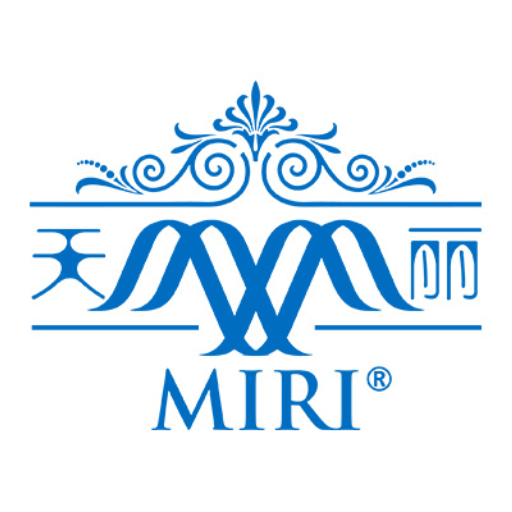Collagen Essentials: Building Stronger Bones and Joints for Women’s Longevity
As women navigate the various stages of life, maintaining bone and joint health becomes increasingly important. Collagen, the most abundant protein in the body, plays a pivotal role in supporting these structures. Found in connective tissues, collagen provides the framework for bones, cartilage, and ligaments, ensuring flexibility and strength. In this post, we’ll explore how collagen contributes to women’s bone and joint wellness, especially during menopause when natural production declines, and share practical ways to incorporate it into your routine for lasting vitality.
Understanding Collagen’s Role in Bone and Joint Health
Collagen makes up about 30% of the body’s protein content and is essential for the integrity of bones and joints. Type I collagen, the most common form, forms the scaffold in bones, working alongside minerals like calcium to create dense, resilient structures. In joints, type II collagen supports cartilage, which cushions bones and allows smooth movement. As we age, collagen production drops, leading to reduced bone density and joint stiffness—issues that can affect up to 50% of women post-menopause.
During menopause, hormonal shifts, particularly the decline in estrogen, accelerate collagen loss. Estrogen helps maintain collagen levels, so its reduction can result in thinner skin, weaker bones, and joint discomfort. Studies indicate that women lose about 30% of their skin collagen in the first five years after menopause, with similar effects on skeletal health. Incorporating collagen through diet or supplements can help counteract these changes, promoting better mobility and reducing the risk of conditions like osteoporosis.
For more on menopause and its impact on the body, check out our detailed guide in Understanding Menopause: Symptoms, Natural Relief, and Thriving Through the Transition.
The Connection Between Collagen, Menopause, and Bone Density
Menopause marks a critical period for bone health, as estrogen’s protective effects wane, increasing the likelihood of bone loss. Collagen supports bone formation by providing the organic matrix where minerals deposit. Without sufficient collagen, bones become brittle, heightening fracture risk. Research from the Journal of Bone and Mineral Research shows that collagen supplementation can improve bone mineral density in postmenopausal women by up to 7% over 12 months.
Beyond bones, collagen aids joint health by maintaining cartilage integrity. As cartilage wears down, it can lead to osteoarthritis, a common concern for women over 50. Collagen peptides, broken down for easy absorption, have been shown to reduce joint pain and improve function, according to a meta-analysis in the International Journal of Food Sciences and Nutrition. This is particularly beneficial for active women who want to stay mobile without discomfort.
Related reading: Discover how supplements can support this transition in The Essential Role of Women Supplements in Managing Menopause: A Natural Path to Balance.
Natural Sources and Supplements for Boosting Collagen
To harness collagen’s benefits, start with dietary sources. Bone broth, rich in natural collagen from simmered animal bones, is a traditional remedy for joint support. Fish like salmon provide marine collagen, which is highly bioavailable and gentle on the digestive system. For vegetarians, vitamin C-rich foods such as citrus fruits and bell peppers enhance the body’s own collagen synthesis by aiding amino acid formation.
Supplements offer a convenient way to ensure adequate intake. Hydrolyzed collagen peptides, derived from bovine, marine, or chicken sources, are popular for their absorption rates. Aim for 10-20 grams daily, ideally in powder form mixed into smoothies or coffee. Our Miri Collagen Protein is formulated to boost skin elasticity while supporting joint and bone health, helping reduce aches associated with aging.
Pairing collagen with other nutrients amplifies results. For instance, combining it with vitamin D and magnesium enhances bone mineralization. Women in menopause may also benefit from soy-based supplements, which mimic estrogen’s effects on collagen preservation.
Practical Tips for Integrating Collagen into Your Wellness Routine
Building a collagen-focused routine doesn’t require drastic changes. Begin your day with a collagen-infused breakfast, like oatmeal topped with berries and a scoop of supplement. Exercise plays a key role too—weight-bearing activities such as walking or yoga stimulate collagen production in bones and joints. Aim for 30 minutes daily to maintain density and flexibility.
Monitor your progress by noting improvements in joint comfort or energy levels. If you’re experiencing menopause-related symptoms like hot flashes alongside joint issues, consider a holistic supplement like Miri Feminine Essence, which supports hormone balance and overall vitality, complementing collagen’s effects.
Stay hydrated, as water is crucial for collagen’s structure. Avoid smoking and excessive sun exposure, which degrade collagen fibers. For those with dietary restrictions, plant-based collagen boosters like silica from bamboo extract can support internal production.
Empowering Women for Lifelong Mobility
Collagen is more than a beauty buzzword—it’s a cornerstone of women’s bone and joint health, especially through menopause and beyond. By prioritizing collagen intake, you invest in a stronger, more resilient body capable of embracing an active lifestyle. Consult your healthcare provider before starting supplements, particularly if you have underlying conditions, to tailor an approach that fits your needs.
Embrace these strategies to foster longevity and confidence. Your bones and joints deserve the support to carry you through every adventure.
